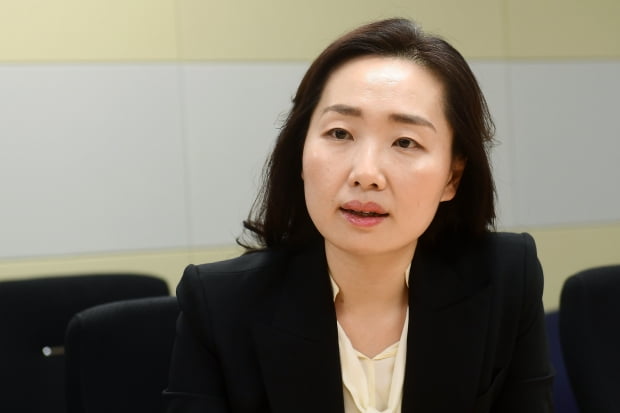
Coronavirus Can’t Stop the Blockchain
In the midst of a pandemic virus, COVID-19, which threatens the welfare of people around the world, companies in South Korea are using blockchain technology to enhance healthcare and charity services. Major players in telecommunications and technology in the country in SK C & C, Samsung SDS, and LG CNS are exemplifying the contemporary prerogative of limiting face-to-face contact with others by allowing people to make donations, follow the path of their agricultural products, and make insurance claims from the comfort of their home office.
There are a number of philanthropic services that have entered the market since late last year. All of the services in some way use blockchain technology to help philanthropists track and verify where and how their donations were finally used. This plays into one of the biggest strengths of blockchain technology by creating greater transparent in the donations culture.
Last week, TheNews.Asia reported on the new charity platform Warm Change (따뜻하게 체인지) by SK C & C in collaboration with Love’s Fruits (사랑의열매), a social welfare fundraising platform. To make an account for Warm Change, users simply need to use the mobile app and gain access to their personal wallet. Their fiat donations will be converted to Social Value Donation (SVD) coin which is pegged at 1 SVD = 1 KRW.
One of the reasons people tend to hesitate making donations is because they don’t know how or whether their donations are used properly. Eponet’s charity platform called Cherry (체리), records all processes of donations collected and delivered in real-time on the blockchain. All the transactions are transparently disclosed for all to see. Cherry is also designed to automatically transfer donations through smart contracts in order to mitigate confounding factors preventing the needy from receiving donations.
The recent innovations are not limited to charity platforms. You can now track food you buy in Jeonnam Province to see where it came from, who handled it when, and how it was handled. LG CNS’s Monachain project developed this advancement that is currently being tested in Korea under the name Hometown.
Again, this use case for blockchain plays to its strengths. The information on the Hometown project utilizes distributed stores of data that cannot be forged or tampered with. It also has the advantage of tracking all the history of the food, including production, processing, logistics, distribution, and consumption.

An official from LG CNS said that they want to help the National Agricultural Products Quality Management Service and local governments collect and share basic information about agricultural products in their province. Additionally, the program can help store owners boost their sales by discovering with greater specificity who is consuming their products.
As the dreaded COVID-19 was only just gaining recognition for its adventure starting in China last January, TheNews.Asia reported that Samsung had announced a major blockchain-based program that would allow healthcare patients file insurance claims from their smartphones. The program does not require the moving of documents to be verified. Instead, a notification arrives on the patient’s smartphone to confirm whether they had received treatment at a clinic. Upon confirming the visit, their insurance company is notified and applies charges as needed. This reduces the amount of superfluous contacts and visits to other offices that are too common in the insurance industry.

Finally, despite the current woes facing people’s immediate lives and their futures, intellectual leaders in Incheon, technically part of the Seoul metropolitan area. announced last week the formation of the Global Incheon Blockchain/ICT Initiative GIBI. GIBI primarily functions as a brain trust of technology and communication experts to organize and participate in consortiums in the Incehon area. They will explore the options of the city to utilize blockchain and help support businesses in various ways, such as with training programs. Their efforts will hopefully strengthen local economies in Incheon and further develop the services offered by Song-Do smart city, one of the premier smart city projects in the world.


